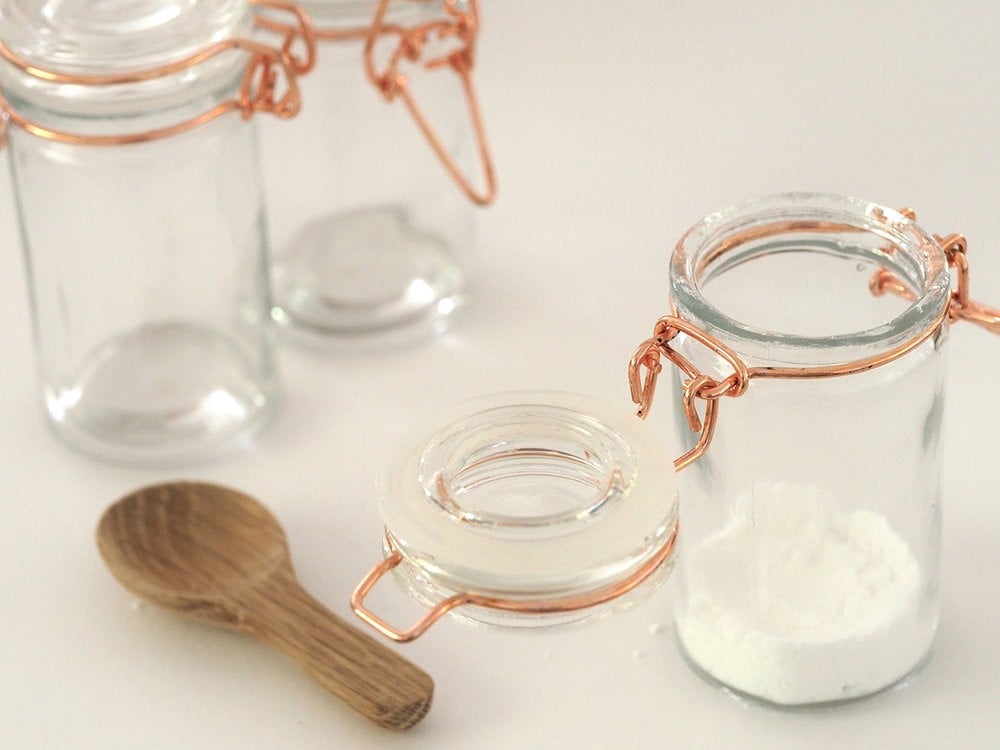
Potter around your home and look how many things are made of plastic. It will be a sobering survey… Learning from people who have switched from plastic to more environment-friendly materials

We all know the devil that plastic is and how bad it is for the environment -- it chokes our drains, fills up our landfills without decomposing, kills animals, both on land and in the sea. What’s worse, we may die eventually, but this material will continue to live to devastate the planet and generations to come.
There is a growing desire among people today that something has to change -- which means to live with less plastic, but if only it were that easy! Let’s face it -- plastic is cheap, economical and so easy to use -- and sadly, we are all hooked on to it!
Unlike a few years ago, today, there are many who are trying to make the plastic-free journey. Zainab Matcheswala, who runs a jewellery business with her husband in Karachi, has replaced the "shopper" with cloth bags to bring home groceries, fruits, vegetables, etc. "I keep a few in my car as well". Uzma Yaqoob, executive director of Islamabad-based Forum for Dignity Initiatives not only uses totes handmade by her mom from "discarded" clothes but carries her own refillable water bottle and a ceramic mug. Afshan Khalid, general manager for Beaconhouse Group’s Education Operations has replaced disposable plastic containers with "earthenware pots" when sending food over to friends and relatives, and even wraps gifts in newspapers. But, she admits, encouraging school staff to adopt greener practices is an "uphill task".
And people like Fazila Zamindar and Naheed Pasha have made it their life’s mission to speak to shop owners and encourage them to run their businesses more sustainably -- stop giving out their produce in plastic bags.
"I know of two drycleaning chains that have gone green. One gives you your laundry in paper bags and the other has started using biodegradable plastic," says Pasha. Through Yaqoob’s persistent cajoling, the store near her home has put up a sign saying: "We encourage everyone to bring their own cloth bags!"
Aisha Khan, heading the Mountain and Glacier Protection Organization, is doing her bit too -- "I carry my own water to work and meetings so that I don’t have to drink water from plastic bottles". She no longer uses straws at restaurants and has moved to boiling water from bottled water. Her trips to supermarkets have reduced considerably as she now buys groceries from the kiryana stores where products like lentils and spices are not packaged in plastic.
Khan no longer uses clingwrap to cover food, and has found a partner in Pasha, who has come up with a solution to clingwraps. Since last year, she’s been producing reusable and washable beeswax food wrap sheets. It’s such a success that she’s selling it online as well as at several outlets in Karachi. "These sheets last a good eight months," she says.
The hardest part towards reducing plastic is finding ways to store meat and fish products in our freezer. Pasha has found a way around it, somewhat. "We use reusable plastic containers".
But not every plastic is re-usable --like the plastic water bottle. Aatekah Mir, Public Affairs Manager at Nestle Pakistan, warns that the PET water bottle which is 100 percent recyclable "is not meant to be used more than once because its hygiene is compromised once opened". The company recommends it be crushed after one-time use.
The change is now visible too. From individuals the trend has creeped into cafes, for example. There are food outlets that have discarded use of plastic straws. And some others have ditched plastic cutlery for one made from wood.
The pressure from people has created a market for production of greener products -- biodegradable plastics, cutlery made of wood, more earthenware pots -- and even biodegradable straws from wheat stems.